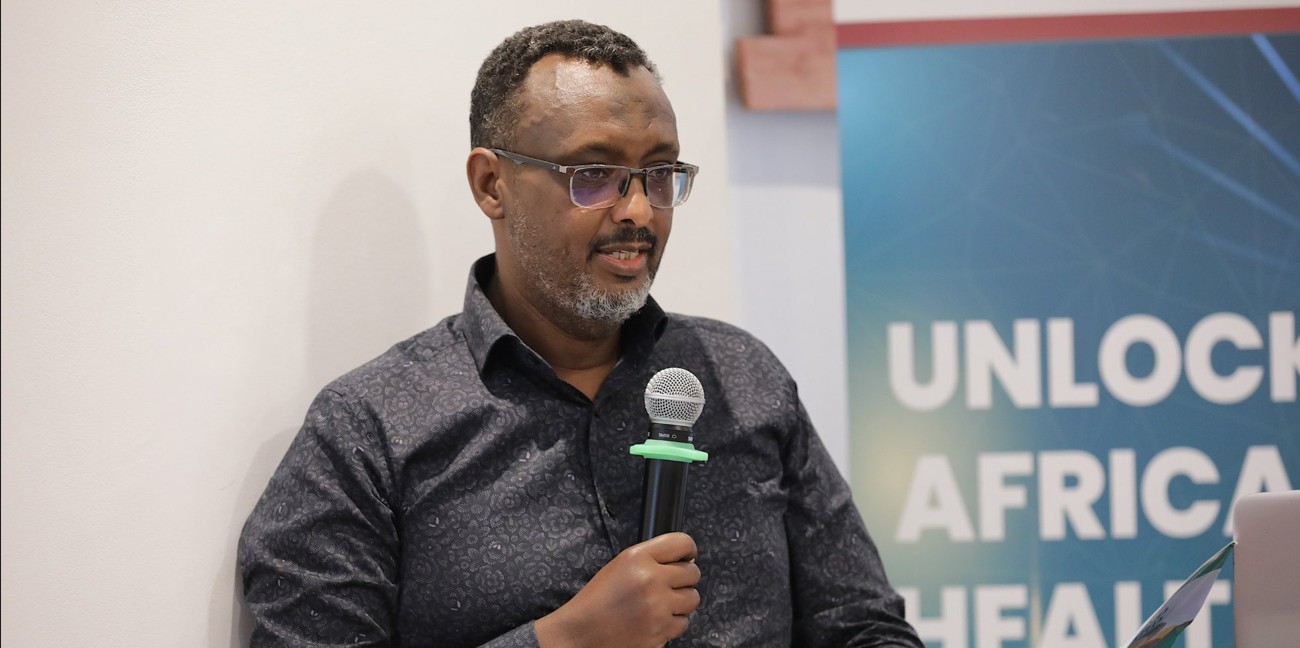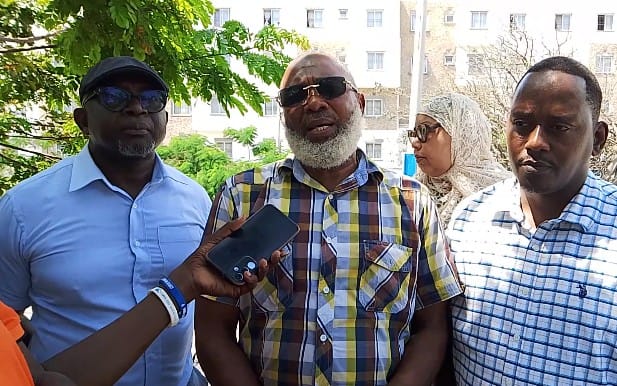Kenya moves to fast-track medicine registration, boost local pharma production

The collaboration aims to harmonise pharmaceutical regulations, boost local manufacturing, and ensure patients receive essential medicines more quickly and safely.
In a bid to ensure faster access to life-saving medicines, Kenya has announced a partnership with the Africa Medicines Agency (AMA) to accelerate the registration and approval of pharmaceutical products.
Speaking on Monday during the Pre-Conference Industry Day of the 7th Biennial Scientific Conference on the Regulation of Medical Products in Africa (SCoMRA VII) in Mombasa, Pharmacy and Poisons Board (PPB) Acting CEO Ahmed Mohamed said the collaboration will strengthen Kenya’s regulatory capacity and reduce delays in making essential drugs available.
More To Read
“This will ensure patients access vital products more efficiently,” he added.
“We intend to cooperate with the Africa Medicines Agency to fast-track registration of pharmaceutical products so that we can have them on the market sooner for the benefit of the public,” he said.
Align with continental standards
Ahmed noted that the board has already begun harmonising pharmaceutical documentation to align with continental standards, describing this as a key step toward enhancing efficiency, transparency, and regional collaboration in health product regulation.
Africa Medicines Agency Director General Delese Mimi Darko also addressed the forum, highlighting AMA’s commitment to supporting local pharmaceutical manufacturing across Africa. She said increased regional production will improve access to safe, affordable, and high-quality medical products while reducing dependence on imports.
The SCoMRA VII Pre-Conference Industry Day brought together regulators, policymakers, manufacturers, researchers, and development partners from across Africa and beyond to discuss innovative approaches for strengthening and harmonising medical product regulation.
Health sovereignty
The week-long conference continues in Mombasa under the theme: “Strengthening Regulatory Systems for Access to Quality, Safe, and Efficacious Medical Products in Africa,” showcasing continental progress in advancing health sovereignty through regulatory excellence.
Meanwhile, Health Cabinet Secretary Aden Duale reaffirmed the Government’s commitment to achieving World Health Organisation (WHO) Maturity Level 3 (ML3) status for health product regulation—a major milestone toward strengthening Kenya’s capacity to ensure the quality, safety, and efficacy of all medical products.
“This milestone is critical for enhancing access to quality-assured medicines, strengthening local pharmaceutical manufacturing and reinforcing pandemic preparedness. It will also build public confidence by guaranteeing that health products in Kenya are consistently safe, effective, and of the highest quality, a key pillar in realising Universal Health Coverage (UHC)," Duale said during a high-level strategic meeting with the National Quality Control Laboratory (NQCL) Board and senior management at the institution’s Nairobi headquarters.
Sustainable strategies
The engagement followed an earlier meeting with the NQCL Board at the ministry, where longstanding institutional challenges were reviewed and sustainable strategies developed to strengthen operational capacity and improve overall performance.
During an inspection of the facility, the CS highlighted the urgent need to fast-track the calibration, repair, and maintenance of six stalled HPLC machines to accelerate the full operationalisation of the laboratory, enhance efficiency, and boost revenue generation.
Other Topics To Read
- Headlines
- Health
- WHO Maturity Level 3
- Kenya medicine approval
- Africa Medicines Agency partnership
- Fast-track drug registration
- Life-saving pharmaceuticals Kenya
- Local pharmaceutical manufacturing
- Medical product regulation Africa
- Africa Medicines Agency
- Kenya moves to fast-track medicine registration
- boost local pharma production
“I have urged the NQCL Board and staff to uphold the highest standards of integrity, transparency, and accountability, while aligning operations with modern healthcare demands. Reducing turnaround time to the mandated 42 days will improve client confidence and institutional credibility," Duale said.
He further commended the institution’s steady progress and announced a 90-day sprint focused on meeting all prerequisites for attaining WHO ML3 accreditation.
“Kenya must take its place among nations with trusted regulatory systems that not only protect citizens but also promote innovation and industrial growth,” the CS added.
The meeting also included an interactive session with NQCL staff to discuss strategies for fostering a supportive work environment that enhances productivity and service delivery.
Top Stories Today
















































